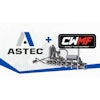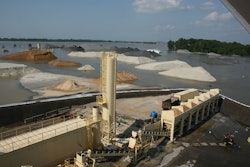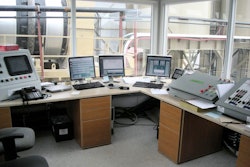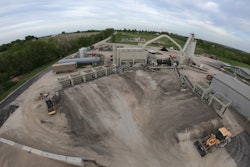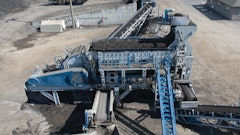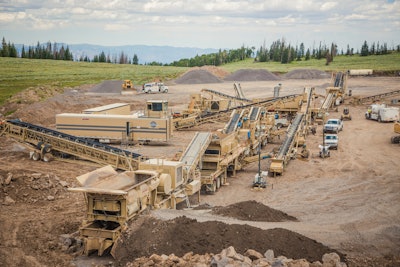
With a rise in portable equipment’s popularity, a new way of procuring equipment is also growing—leasing—as opposed to traditional financed buying. According to equipment buying trends at the end of 2018, equipment rental is catching on because producers are concerned both about being able to meet rapidly changing industry demands and keeping up with technological advances.
Equipment leasing is an important option to consider if you want to bring material processing in house just temporarily to see how it might benefit your business. With sales trending upward and the economy strong, experts say it's a fantastic time to get into aggregate production. Here are some benefits to both options.
Perspective on the lease vs. buy question
Leasing can allow equipment manufacturers and dealers to be more agile and turn over assets quickly, which is helpful for innovation across the industry. And for many companies, leasing can offer an affordable way to “try before you buy” so you can really hone your operations to include just the equipment you truly need.
All that said, it’s essential to remember that leasing is different than buying, and there are some significant things to understand when deciding if it’s right for you.
As with anything you lease or rent—passenger vehicles, housing, extra storage space—the main point to remember is that you’re paying only to use that asset, but it’s not yours. You don’t own it. Maybe you’re not sure that you actually want to own it—and that’s probably the whole reason you decided to lease in the first place—but using someone else’s equipment comes with some important considerations.
There are several different ways that lease agreements can be structured, and you’ll need to understand precisely what you’re getting into. For instance, capital leases and operating leases are two of the most common types of contract formats—only capital leases give you the option to own the equipment you’re using at the end of the agreement term.
Financing vs. Purchasing
It’s well known that even if you’re presented with the option to buy the equipment you’re leasing for a price below fair market value at the end of the term, your payments will likely be higher than if you financed a purchase of that same equipment. Depending on factors such as the equipment’s predicted ability to hold its value and perhaps even your personal creditworthiness, your payments may be significantly inflated versus purchasing. And it’s true that many equipment manufacturers now offer financing as an incentive to try their brand.
It’s always a good idea to compare various payment scenarios before you sign anything. Look to buy vs. lease calculators online that can help you weigh your options on things like your monthly payments and current loan interest rates to see if renting or buying a particular piece of equipment will be the better financial decision.
Consider Downtime
When leasing equipment, you likely will not be responsible for fixing or paying for repairs to leased equipment when breakdowns occur—your lessor will take care of this as the equipment’s true owner. While this may seem like a big check in the “pros” column for leasing over buying, you need to be careful who you’re leasing your equipment from to actually have this be a benefit instead of a major liability to your operational efficiency. How so? In short—downtime.
Often, if the equipment owner is paying for repairs, they’re also selecting who will make those repairs, and you can guarantee that they will prioritize cost savings above all else in choosing that service. You may not be in control of who comes out to fix your equipment, and you’ll certainly not be in control of how long it takes them or whether the work is done right the first time.
Downtime can cause big problems with productivity, which can lead to customer dissatisfaction, and ultimately, to lost business.
Whether buying or leasing, you need to work with a reputable equipment dealer
You should indeed be wary of the downtime factor, and if you pursue either an equipment purchase or lease from a supplier with deep integrity and experience in the industry instead of a third-party lessor, you’ll cut that risk significantly.
You’ll also be gaining a knowledgeable partner committed to helping you achieve your production goals through a variety of tried and true solutions—from equipment service and maintenance to education and training opportunities we can offer your team. And, in fact, we can help you weigh whether leasing or purchasing equipment will be better for your bottom line from the very start.
Kemper Equipment is a supplier of material handling equipment purchasing—and leasing—needs.
